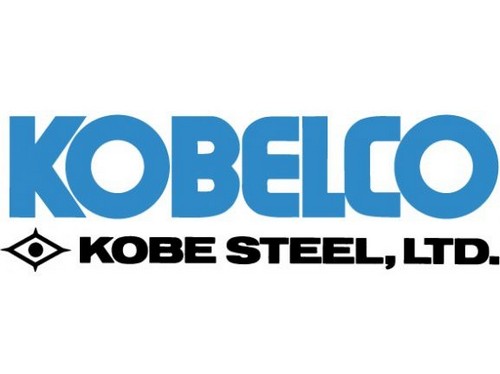When I drew up a list of problems with nuclear power, one of the items on the list was the fact that you cannot trust corporations to follow laws and regulations. Over the years I have pointed out some of the misbehavior of members of the nuclear industry. A few years ago, it was discovered that Le Creusot, a French foundry, had been forging quality control reports for nuclear reactor components for decades. At first, nuclear plant owners around the world refused to admit whether or not their reactors contained parts manufactured by Le Creusot. Eventually, at-risk reactors were identified and the suspect parts were checked. This scandal sent shockwaves through the nuclear industry. Now another company has been accused of similar behavior.
Kobe Steel, Ltd. is a major manufacturer of steel products with headquarters in Kobe, Japan. It does business worldwide under the trade name of Kobelco. Founded in 1905, it is one of Kobe’s oldest industrial companies. It has hundreds of subsidiaries and dozens of affiliated companies around the globe. Kobe Steel is a member of the Mitsubishi UFJ Financial Group keiretsu, a type of informal association of companies.
In October of this year, Kobe steel officials admitted that the company had falsified data on the strength and durability of its aluminum, copper and steel products for over ten years. It was also found that Kobe Steel had falsified quality information for its iron ore powder. Testing on components used in bullet trains found that over three hundred steel parts from Kobe Steel were sub-standard. Car parts and airplane parts supplied by Kobe Steel were also found to be sub-standard. Kobe Steel has admitted that they supplied sub-standard parts to over five hundred companies. Mitsubishi Heavy Industries, a company that builds and services nuclear reactors, was one of those companies supplied with suspect Kobe parts.
This scandal has dealt a blow to the reputation of Japan as a source of high quality parts for manufacturing. Part of the blame is on Japanese culture which discourages criticism from inside or outside companies. It is estimated that only about a half of the parts exported from Japan are inspected for quality.
So far, Kobe Steel has been reluctant to supply much detail on which components are sub-standard and what exactly are the problems with those components. Any nuclear power plant that contains components from Kobe Steel now has to be considered at risk for problems until all the parts from Kobe Steel are located and tested. This will be an added expense for an industry that often fails to deliver its product within original cost estimates. Unfortunately new expenses incurred by checking Kobe Steel components will most likely be paid by the customers for the electricity generated by the nuclear power plants.
Nuclear power is already having problems competing in the international electricity marketplace. In the U.S. nuclear power plants are being closed because they cannot compete with cheap fossil fuels and renewable energy sources. This new scandal will make nuclear power even less competitive and reduce the interest of investors in building new nuclear power plants. Now that two big suppliers of nuclear components have been found to be lying about the quality of their products, I wonder what would be found if other nuclear component suppliers were investigated.
